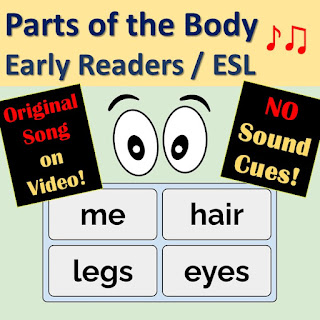Fourteen Tips for Raising Bilingual Children
This post is geared to the parents on my blog here, but many of these tips can work for teachers as well…
Make it relevant. Kids need a reason to want to learn another language. If they see no connection, they’ll be far less interested. Can you point out cousins they’ll want to talk to? Games they’ll be able to play?
Have engaging materials on-hand. Check out the local bookstore/toy store, visit Goodwill, Salvation Army or Emmaus, Facebook used items pages and ask friends if you can borrow or buy up their older children’s old comic books and popular series.
Learning should be natural. What child likes sit-in-a-chair-and-memorize-type lessons? Let her take an art, dance, music or cooking class in the target language! Lockdowns brought about new online opportunities… Or watch a favorite movie! Do you sing together? Learn a new song!
Create something educational based on your child’s interests in the target language. Make your own movies! Write and perform your own sketches. Do something inventive and memorable with the language. Of course, this all comes back to my #1 point…
Find child peers who speak the target language. Look in your neighborhood, local online groups and associations and find other children for your child to interact with.
Be a good role model. Use the target language as much as you can yourself. If you’re already fluent in it, show what you’re learning if you’re studying another language.
Be encouraging. Never say, “XYZ language is hard, but you’ll learn.” And definitely not, “XYZ language was so hard for me to learn!” Language acquisition is generally easier for children, so if it wasn’t for you, hmm, well, don’t mention it! It’s easier to learn while being fed positivity.
Research methods carefully and decide what’s best for you and your family. One person, one language (OPOL) where each parent/adult speaks his or her own language to the child is most popular. But maybe the Minority Language at Home (mL@H) method is right for you?
Be consistent. After you make your plan, work hard to stick with it. And don’t fall to naysayers who think learning two (or three or four) languages will confuse your child or diminish their majority language skills. Research proves otherwise.
Worry less about accents, yours or others. But mispronunciations, yes. New-clee-ar or new-clee-er are OK. Newk-you-lar or newk-you-ler are not. Don’t reject non-native speaking educators—they can also be wonderful teachers and are examples of multilingualism! Common sense and clear results will tell you if a teacher is effective.
Don’t be pushy. Let your child be the guide. Some days they may be more interested than others in learning something new.
Don’t ask your child to perform. Unless they’re natural performers, lots of children don’t want to show off their language skills. Some may freeze when asked to say even basic phrases they know well. Natural performers in their home majority language may fall into this category as well.
Share age-appropriate research. Five-year-olds don’t care that someday their job prospects will be better, but knowing that there are all those extra games now at their fingertips by knowing another language can be a plus!
Have fun with the journey. Enjoy the benefits of raising bilingual children. Why not bake something from a country with your target language? Play a game of Kelly’s UNO. Or make up your own adaptation of a game. We used to play “International Scrabble” where we allowed words from any language. The possibilities are limitless and you’ll likely learn something new along the way too!
These tips are based on my experience raising two bilingual children (now adults) and teaching English learners for 15 years in France.





Comments
Post a Comment